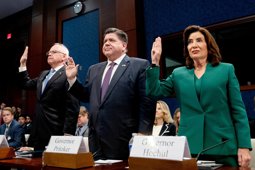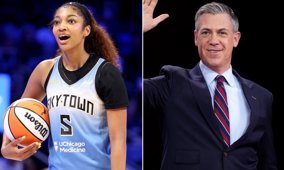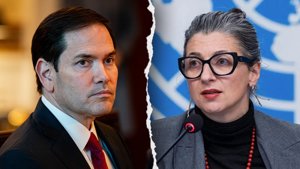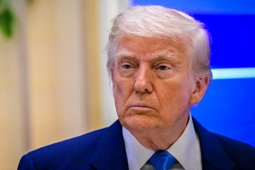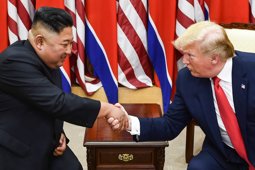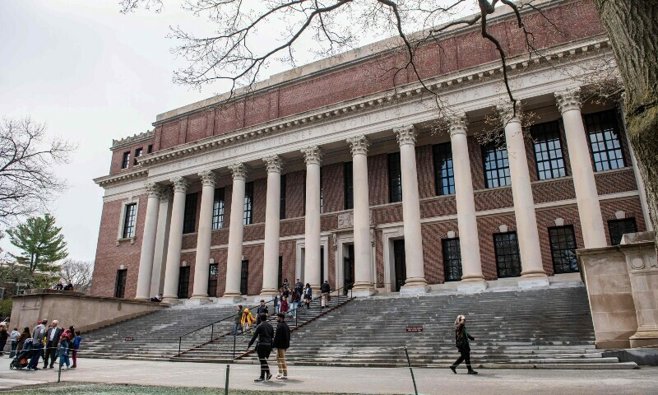
Harvard Partners with Toronto, UVA President Resigns Amid Federal Pressure
Harvard and the University of Toronto offer a lifeline for international students as the University of Virginia president resigns amid federal scrutiny of diversity programs.
Universities Take Action as Federal Crackdown Intensifies
Harvard University and the University of Toronto have announced a new contingency plan to ensure international students can continue their studies if they are barred from returning to the United States under new federal visa restrictions. The measure is a response to recent actions by the Trump administration, which moved to revoke Harvard’s ability to enroll international students after the university allegedly failed to hand over extensive behavioral records and protest-related footage of its student visa holders, including disciplinary histories from the past five years.
Although a federal judge has blocked the government’s efforts to terminate Harvard’s visa program for now, uncertainty remains. To address potential U.S. visa challenges, Harvard’s John F. Kennedy School of Government has partnered with the University of Toronto’s Munk School of Global Affairs and Public Policy. Under the plan, international graduate students who have already completed at least one year at Harvard’s U.S. campus would be able to continue their education in Toronto, combining courses taught by faculty from both institutions.
“With these contingency plans in place, HKS will be able to continue to provide a world-class public policy education to all of our students, even if they cannot make it to our campus this year,” said Harvard Kennedy School Dean Jeremy Weinstein. The program will be activated only if there is sufficient demand from students unable to enter the United States.
The Trump administration has also threatened to cut billions of dollars in federal research funding to Harvard, citing the university’s handling of alleged antisemitism and campus unrest amid anti-Israel protests. Additional financial pressures include proposed increases in the endowment tax and layoffs at the Kennedy School. Over half of the school’s students come from outside the U.S., representing 92 countries.
UVA President Steps Down Amid Diversity Policy Dispute
In another major development, University of Virginia President James E. Ryan resigned on Friday after sustained pressure from the Trump administration over the school’s diversity, equity, and inclusion (DEI) initiatives. The move followed demands from federal officials that UVA’s board remove Ryan in order to resolve a Justice Department investigation into the university’s compliance with federal DEI policy directives.
Ryan, who has served as UVA’s president since 2018 and was previously the dean of the Harvard Graduate School of Education, said in a message to the UVA community that he had already intended to step down next year but decided not to “fight the federal government in order to save my own job.” He warned that such a battle could jeopardize jobs, research funding, and student financial aid.
“This is especially true because I had decided that next year would be my last, for reasons entirely separate from this episode—including the fact that we concluded our capital campaign and have implemented nearly all of the major initiatives in our strategic plan,” Ryan wrote. Board leader Robert D. Hardie accepted the resignation “with profound sadness,” describing Ryan as an “extraordinary president” who led the institution to “unprecedented heights.”
The administration’s pressure campaign at UVA is part of a broader effort to eliminate DEI programs from higher education. According to the Justice Department, Ryan failed to dismantle DEI initiatives and misrepresented the university’s actions to comply with executive orders. Conservative advocacy groups also criticized UVA for rebranding its diversity programs to sidestep federal bans, arguing that changing titles does not change discriminatory practices.
White House spokesman Harrison Fields stated, “That sham virtue signaling of DEI has no place in our country, and the Trump administration is working tirelessly to erase this divisive, backward, and unjust practice from our society.” He warned that any university president violating federal civil rights laws would “be met with the full force of the federal government.”
Virginia’s Democratic senators decried the federal intervention as “outrageous,” emphasizing that university leadership decisions belong to the Board of Visitors, not the White House. Advocacy organizations like America First Legal promised continued efforts to challenge DEI in public universities, insisting that schools accepting federal funds must comply with constitutional and executive requirements.
Together, the developments at Harvard and the University of Virginia underscore the sweeping impact of the Trump administration’s higher education policies. As legal battles and policy shifts continue, universities are re-evaluating how they support international students, promote diversity, and secure funding amid mounting federal oversight and political scrutiny.

